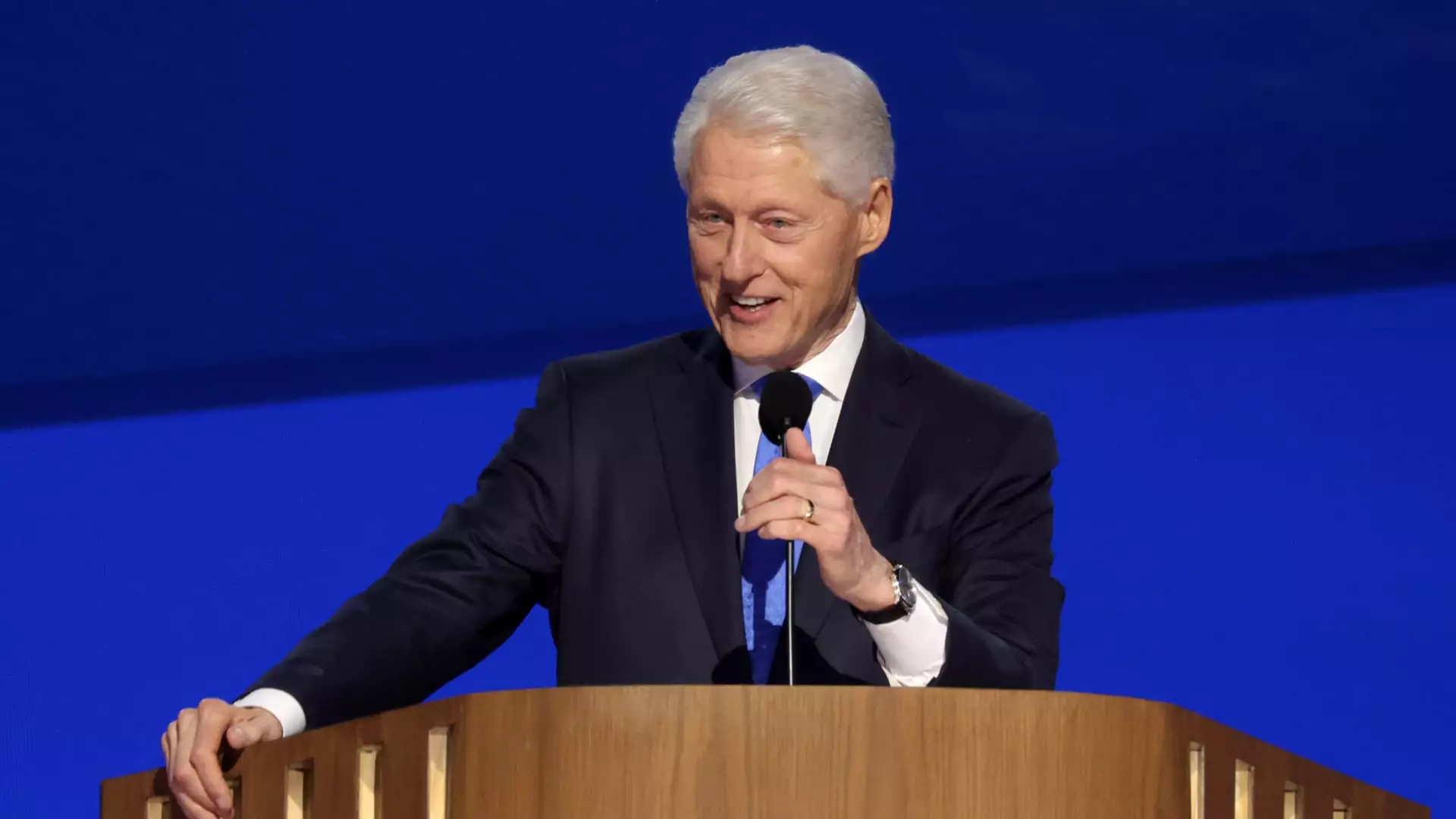Bill Clinton, the 42nd President of the United States, has been admitted to MedStar Georgetown University Hospital in Washington D.C. following the onset of a fever, as reported by his deputy chief of staff, Angel Ureña. He is currently undergoing tests and observation, but sources close to the former president convey that there is no cause for alarm. Ureña reassured the public, stating that Clinton is in good spirits and appreciative of the care he is receiving. The phrase “not urgent” used by insiders regarding his situation indicates a level of confidence in his recovery.
This latest health incident is a reminder of the several challenges Clinton has faced over the years. With a history of serious health issues, including multiple heart procedures, the narrative surrounding his health has often drawn public attention. However, the supportive comments from his team suggest that this hospitalization may not lead to further complications, a relief for both Clinton supporters and the general public.
A History of Health Challenges
Since leaving the presidency in 2001, Clinton has encountered various health challenges. Notably, in 2004, he underwent a quadruple bypass surgery at NewYork-Presbyterian Hospital, followed by another heart-related procedure in 2010 where he received two stents in a coronary artery. Furthermore, a hospitalization in 2021 for a urological infection that spread to his bloodstream highlighted a serious episode in recent years.
Clinton’s health trajectory reflects the critical importance of monitoring and addressing health concerns proactively, particularly as one ages. Each medical episode serves as a testament to his resilience but also brings to light the significance of accessible healthcare and ongoing physician supervision for public figures who inspire many.
The Role of Public Engagement
Despite these personal health battles, Clinton remains a prominent figure within the Democratic Party and frequently engages in public life. His campaigning for Democratic presidential nominee Kamala Harris showcases his enduring commitment to political activism and public service. Moreover, Clinton’s recent memoir offers insights into his post-presidency life, revealing a man who remains connected to the issues of his time, despite personal adversities.
The former president’s speeches at Democratic National Conventions since 1976 reflect his longstanding allegiance to his party and advocacy for the values he believes in. His passionate address in August, where he expressed heartfelt sentiments, underscores his undiminished enthusiasm for political discourse, even while navigating the complexity of his health issues.
While the news of Bill Clinton’s hospitalization elicits concern—especially given his health history—the updates provided highlight a situation that appears to be under control. With sympathetic support from his team and the reassuring messages from those close to him, there is hope for a swift recovery. Clinton’s ability to remain engaged with the political landscape amidst health challenges evokes admiration and serves as a poignant reminder of the resilience required in public service. His journey encourages a broader conversation about health management and the importance of maintaining a balanced life beyond the spotlight.


Leave a Reply